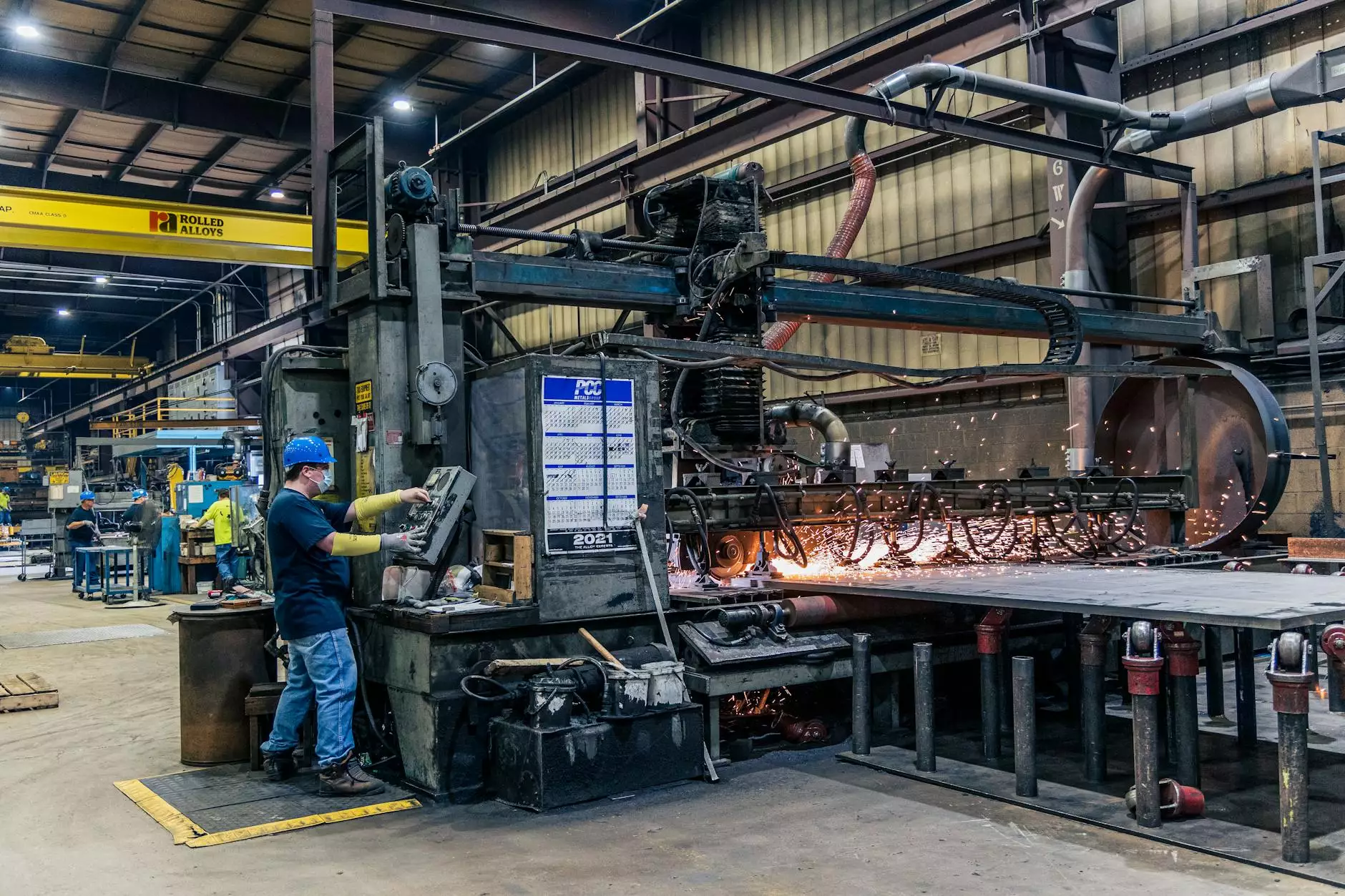Understanding ISO 22000: A Comprehensive Guide to Food Safety Management

In today's global marketplace, ensuring the safety and quality of food products is more critical than ever. Consumers are increasingly aware of the implications of food safety on their health, creating a demand for higher standards and assurance from food producers and suppliers. This is where the ISO 22000 standard comes into play. This article explores ISO 22000, its significance in food safety management, and how companies, including those in the IT and software development industries, can benefit from its implementation.
What is ISO 22000?
The International Organization for Standardization (ISO) established ISO 22000 as a global standard designed for organizations involved in the food chain. ISO 22000 integrates and harmonizes many key aspects of food safety management, providing a framework for businesses to effectively control food safety hazards. The standard applies to all organizations, regardless of size or complexity, involved in the food supply chain—from farms and manufacturers to suppliers and retailers.
Key Components of ISO 22000
Implementing ISO 22000 requires understanding its key components, which include:
- Interactive Communication: Ensuring all stakeholders in the food chain communicate effectively about food safety.
- System Management: Integrating food safety management systems with existing business management systems.
- Prerequisite Programs (PRPs): Basic conditions and activities necessary to maintain a hygienic environment.
- HACCP Principles: Hazard Analysis and Critical Control Points, a systematic approach to identifying and managing food safety hazards.
The Importance of ISO 22000 in Business
Adopting ISO 22000 can offer a multitude of benefits to organizations across various sectors. Here are some compelling reasons to consider:
1. Enhanced Food Safety
At its core, ISO 22000's primary goal is to enhance food safety across the entire food supply chain. By following the protocols outlined in this standard, organizations can systematically identify and mitigate potential hazards, reducing the risk of foodborne illnesses and contamination.
2. Improved Consumer Confidence
In an age where consumers are more informed about food safety, demonstrating compliance with ISO 22000 can significantly enhance a company's reputation. Businesses that achieve certification can assure their customers that they necessitate stringent safety measures, building trust and loyalty.
3. Market Access and Competitiveness
Many retailers and food service providers require their suppliers to meet specific safety standards. ISO 22000 certification opens doors to new business opportunities, aligning organizations with the expectations of global markets and enabling them to compete effectively.
4. Risk Management
Implementing ISO 22000 fosters a culture of proactive risk management. Organizations can effectively identify, assess, and control risks, thereby minimizing disruptions in their operations.
ISO 22000 and Digital Transformation in Food Industry
As businesses transition into the digital age, integrating ISO 22000 with technology can drive significant improvements. Here’s how:
1. Data Analytics for Food Safety
By leveraging data analytics, organizations can gain insights into potential hazards and enhance their risk assessment processes. Data-driven decisions lead to more effective management of food safety protocols, aligning seamlessly with ISO 22000 standards.
2. IoT in Monitoring
The Internet of Things (IoT) technologies allow organizations to monitor food safety conditions in real time. Devices can be used to track temperature, humidity, and other critical factors, supporting compliance with ISO 22000's requirements.
3. Cloud-Based Documentation and Tracking
Cloud technology can streamline documentation and audit processes, making it easier for organizations to manage compliance with ISO 22000. The ability to track changes and maintain records in real-time is invaluable for maintaining high standards of food safety.
Implementing ISO 22000: Step-by-Step Guide
For organizations looking to implement ISO 22000, here is a step-by-step guide to help navigate the process:
Step 1: Conduct an Initial Assessment
Evaluate your organization's current food safety practices and identify gaps compared to ISO 22000 requirements. This assessment lays the groundwork for effective implementation.
Step 2: Establish a Food Safety Team
Form a dedicated team responsible for leading the ISO 22000 implementation process. This team should be well-versed in food safety management systems and understand the relevance of ISO 22000.
Step 3: Develop a Food Safety Management System (FSMS)
Create an FSMS that aligns with the requirements of ISO 22000, incorporating the necessary policies, procedures, and documentation to ensure compliance.
Step 4: Training and Awareness
Providing training to employees at all levels is vital for the successful implementation of ISO 22000. Ensure that team members understand their roles and responsibilities related to food safety.
Step 5: Conduct Internal Audits
Regular internal audits help identify areas for improvement and ensure that your organization adheres to the established FSMS. It’s essential for maintaining compliance with ISO 22000 standards.
Step 6: Management Review
Engage top management in reviewing the FSMS and its effectiveness. This step fosters a culture of commitment to food safety throughout the organization.
Step 7: Continuous Improvement
ISO 22000 is not a one-time implementation but a continuous improvement process. Regularly assess and refine your FSMS based on internal audits, feedback, and changes in food safety regulations.
The Role of TechConsult in Implementing ISO 22000
As a business in the domains of IT Services & Computer Repair, Web Design, and Software Development, TechConsult is uniquely positioned to assist organizations in implementing ISO 22000. Here’s how we can help:
1. Customized Software Solutions
We provide tailored software solutions to track food safety protocols, manage documentation, and conduct audits, ensuring compliance with ISO 22000.
2. Training Programs
Our training programs educate your team about the significance of ISO 22000 and its practical application within your organization.
3. Continuous Support
TechConsult offers ongoing support to help your business remain compliant and adapt to evolving food safety standards.
Conclusion
In conclusion, the ISO 22000 standard is an essential component of modern food safety management, offering businesses a framework to ensure the safety and quality of their food products. With benefits extending beyond compliance, including enhanced consumer trust and market access, implementing ISO 22000 is a strategic move for businesses in the food industry and related sectors. Companies like TechConsult can provide the necessary expertise and support to facilitate this implementation, ensuring your organization not only meets but exceeds food safety expectations.
As the demand for food safety continues to grow, investing in the adoption of ISO 22000 is not just an operational requirement—it's a competitive advantage that can propel your business to new heights.









